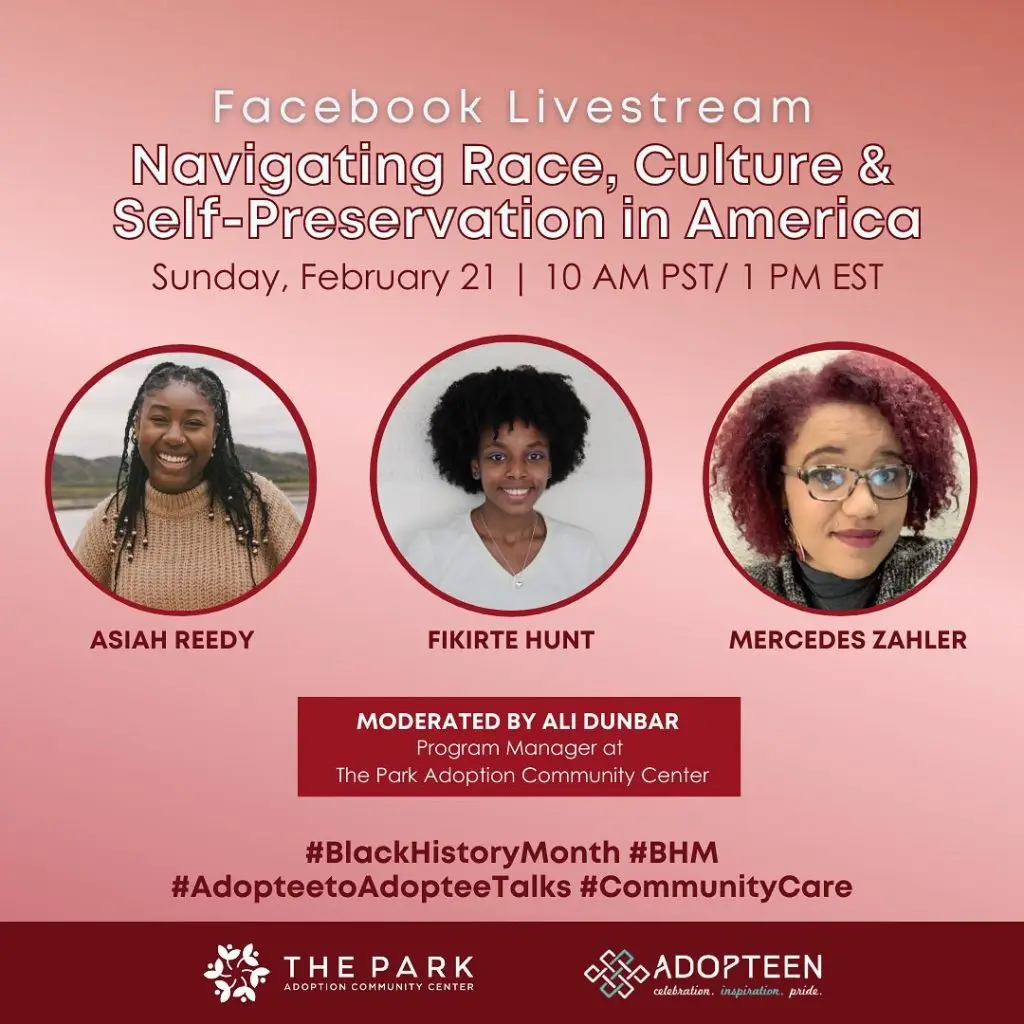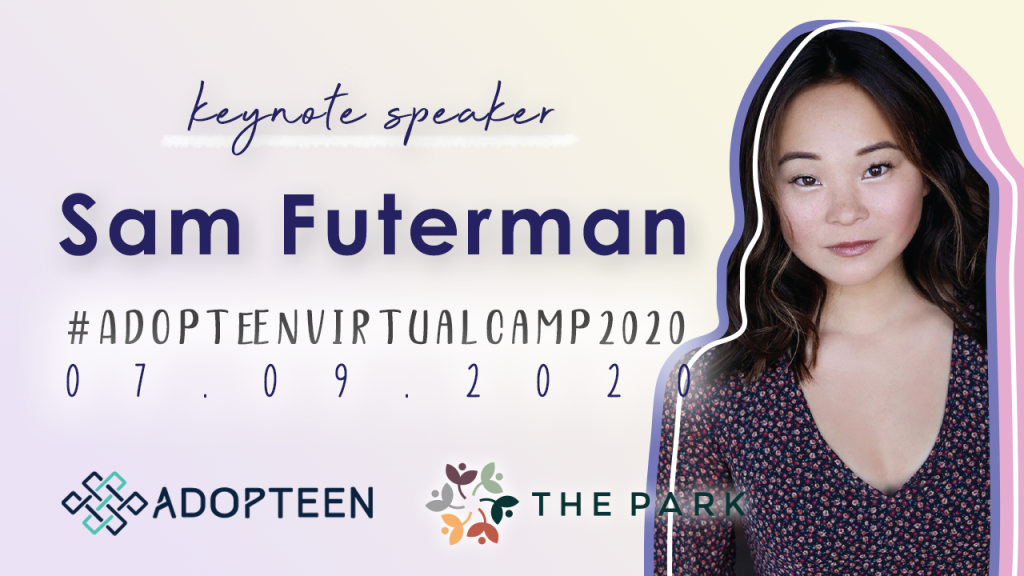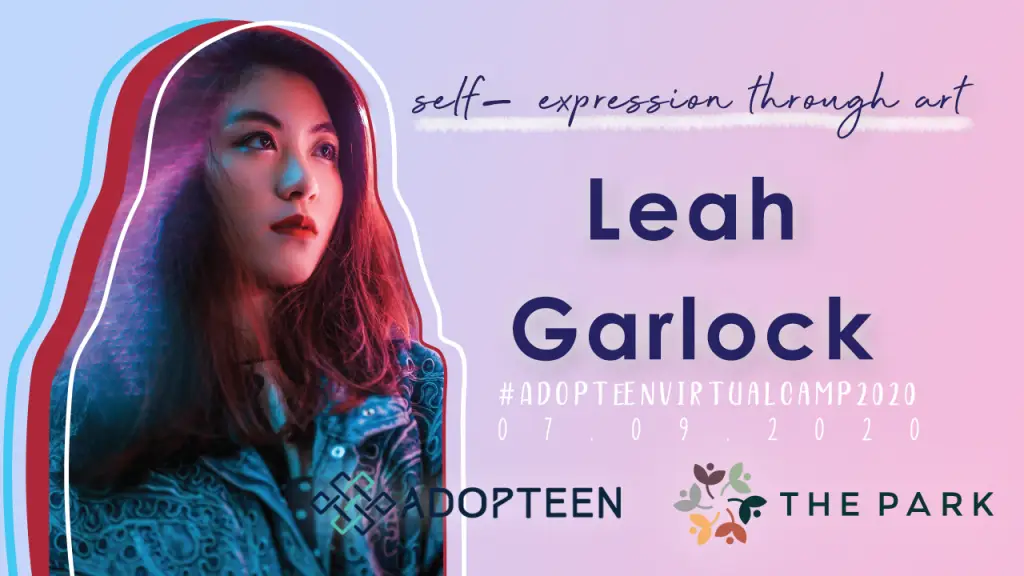The Park Blog
April 22, 2021
“Looking towards the positive is an act of bravery. Dare to hope. Dare to believe in good.”
May 17, 2021
“It takes courage to grow and become who you really are.” – E.E. Cummings
May 17, 2021
Food can be an amazing way to explore and connect with birth culture. Have you tried cooking any dishes from your birth country cuisine?
December 10, 2021
Fall 2020: If you had asked me about how I felt about adoption, I would have said that I was all good — that I felt pretty solid in my identity. Fast forward to Spring 2021, the Stop Asian Hate movement was quickly sweeping across the US and Canada. I felt so detached and ungrounded, with no one else to share these feelings with. It was shortly after this that I was sent the application to apply for The Park as a Digital Marketing Intern.
November 3, 2022
Adoption is not the most important fact about me, but it has been one of the most impactful aspects of my identity journey.
I was adopted from Zhejiang Province, China at 18 months old by my amazing family – my mom, older brother, two older sisters, and little sister – in New Mexico!










